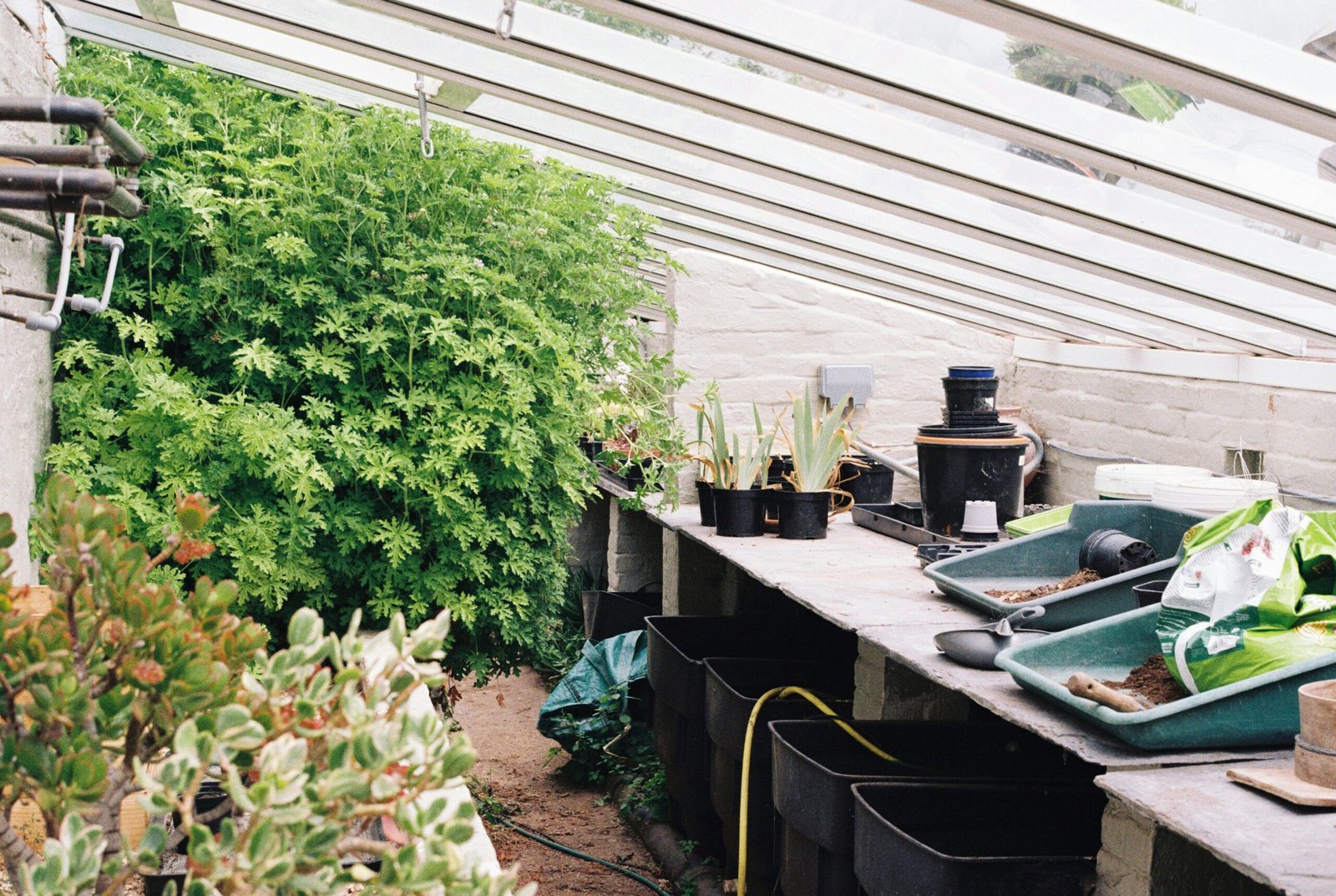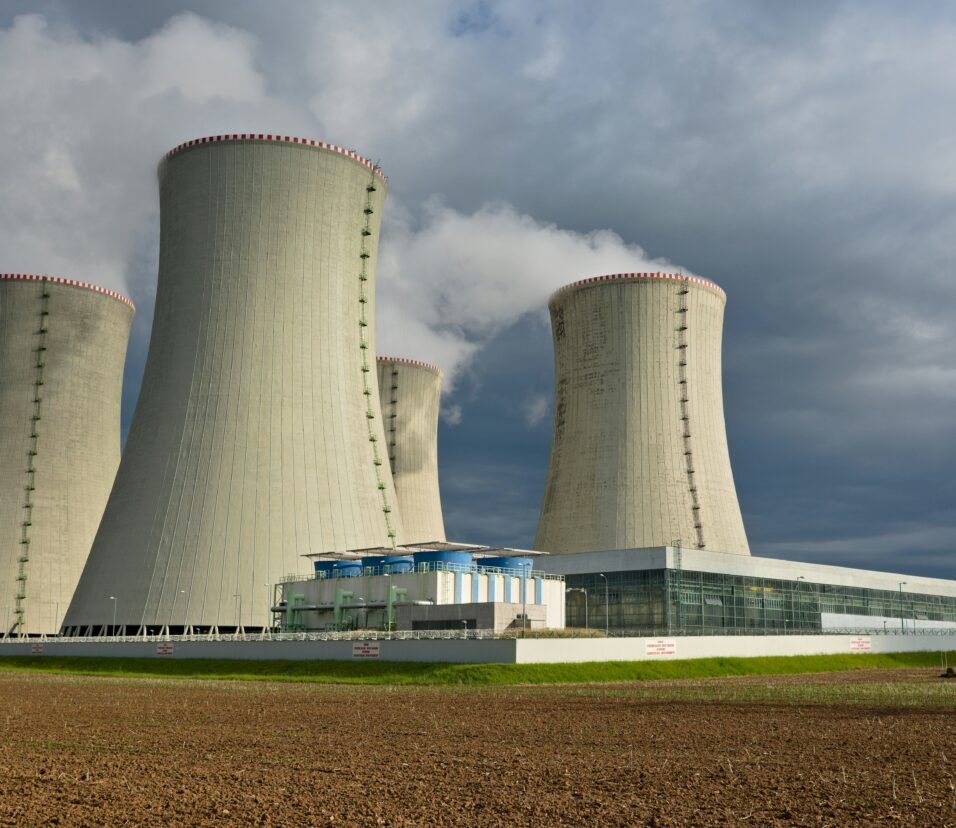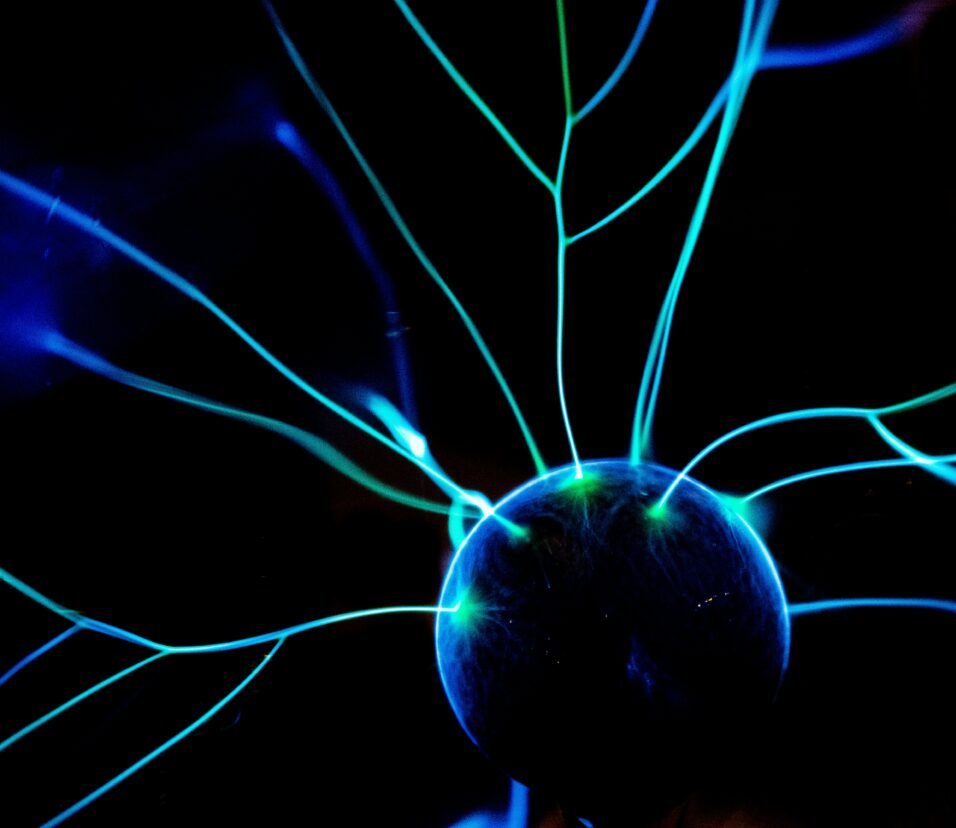How AI and Eco-Conscious Living Are Shaping the Future: A New Era of Smart Sustainability
In an era defined by climate urgency and technological revolution, a surprising synergy is taking root: artificial intelligence and eco-conscious living. These once separate spheres are now converging to form a new movement—smart sustainability. From energy-saving smart homes to AI-powered waste reduction, 2025 is ushering in a green tech renaissance that’s transforming how we live, consume, and care for our planet.
Why Eco-Conscious Living Still Matters in 2025
Sustainability isn’t just a buzzword—it’s a necessity. Global temperatures continue to rise, biodiversity is shrinking, and natural resources are under pressure. But there’s hope. As awareness grows, consumers and corporations alike are pivoting to eco-friendly lifestyles, driving demand for clean energy, ethical products, and sustainable habits.
Recent studies show:
72% of consumers say sustainability influences their purchasing decisions.
53% of Gen Z prefer brands that actively address climate change.
Green jobs and eco-entrepreneurship are booming, especially in clean tech, upcycling, and ethical fashion.
Yet while our intentions are strong, the execution can be overwhelming. This is where AI steps in.
Enter Artificial Intelligence: Your Sustainability Partner
AI’s rapid evolution in 2025 isn’t just about productivity—it’s reshaping how we solve environmental challenges. From individuals to entire cities, AI is streamlining sustainability in ways we couldn’t imagine just a few years ago.
AI Applications in Eco-Living:
- Smart Homes & Energy Efficiency
AI-driven thermostats, solar panels with predictive energy optimization, and voice-controlled appliances can cut energy use by up to 30%. Tools like Google Nest or newer startups like SolVIA offer custom energy-saving plans based on user behavior. - Sustainable Shopping Assistants
Apps like Finch and DoneGood use AI to analyze product impact—carbon footprint, materials, labor practices—and recommend greener alternatives in real-time while shopping online. - Waste Management & Recycling
AI is revolutionizing recycling. Robotics powered by computer vision now separate waste with over 90% accuracy. Apps also scan barcodes and guide users on how to dispose of items properly based on local guidelines. - Food Waste Reduction
AI tools like OLIO and TooGoodToGo now partner with grocers to optimize inventory and connect surplus food with communities, preventing millions of pounds of food from ending up in landfills.








